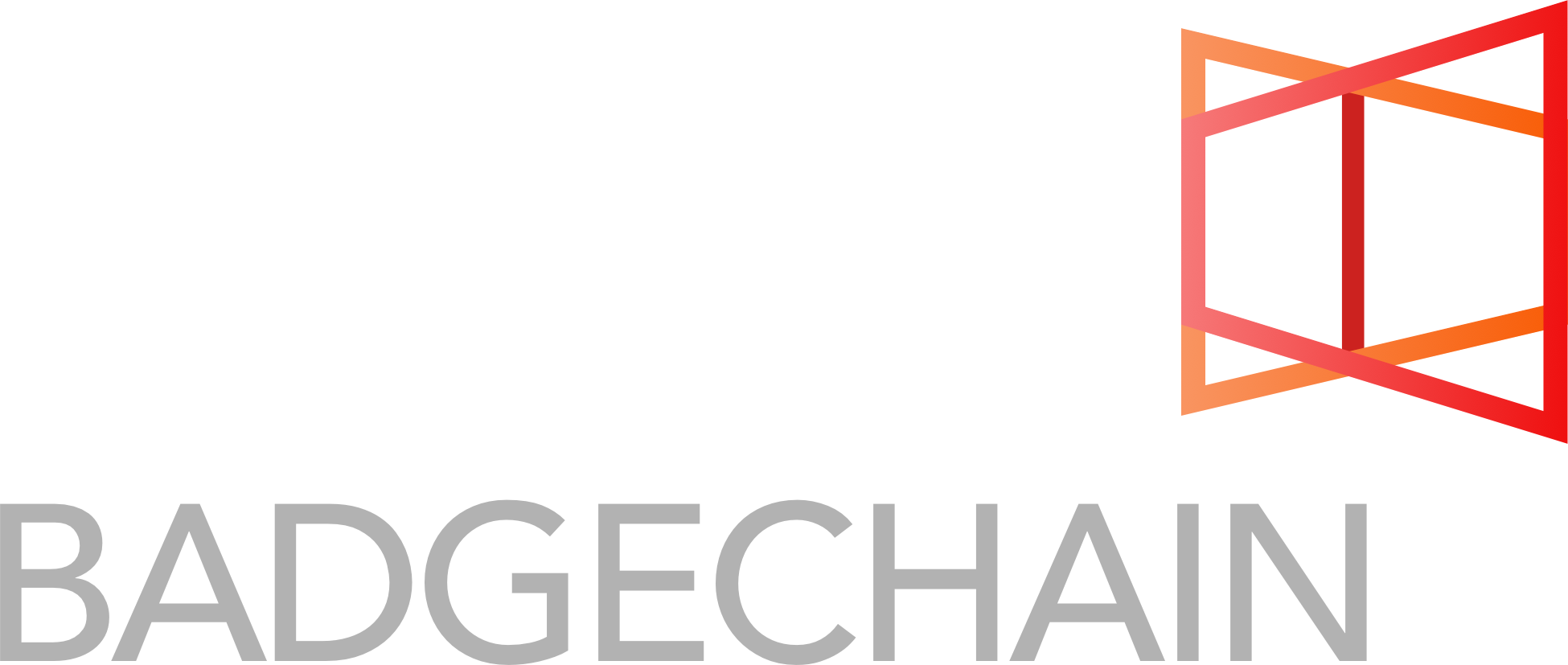BadgeChain Newsletter #8 – Who Owns Student Credential Data on Blockchain?
June 15th, 2017 | Carla Casilli and Kerri LemoieAs blockchain becomes a more widely understood technology that is useful beyond just financial tech, increasing numbers of institutions are considering (and some already are) issuing credentials using blockchain. The Skills Blockchain project by Digital Assess aims to replace traditional paper certificates for vocational learners with a ledger of educational achievements. Ngee Ann Polytechnic recently issued their diplomas using blockchain. Learning Machine and MIT Media Lab have developed an open standard for blockchain-based certificates for a wide array of uses.
These initiatives will help to make credentials digitally verifiable and could possibly simplify the task of evaluating job candidates. But who decides what credential data belongs on public blockchains? What may that data contain and are they considering the long-term implications? These technological advancements also require that we ask fundamental questions about who owns and maintains this data. Are credentials considered personal data? What is responsible use?
It’s safe to say that the existing policies for student data ownership and governance are murky and outdated even for today’s learning environments. The COPPA and FERPA mandates in the U.S. for K-12 represent prime examples of nearly ineffective data collection policies when put into practical use. Beyond youth data, what about post-secondary and adult learning data? We question how private companies will use the data they collect from us. We should also question the capabilities and responsibilities of organizations who are storing educational histories using nearly permanently and immutable blockchain technologies.
Data on blockchain is securely stored using encryption and digital signatures. The data is accessed using keys that are distributed by the entity initiating the transaction. The decision about who has access also belongs to that entity. It’s critical that the organizations adopting blockchain technologies as well as their students understand the advantages and risks so that they may develop policies and agreements that make sense and consider privacy when privacy is required.
~ ~ ~
Here are the articles that inspired and informed this newsletter. We recommend them to you as interesting data points in your consideration of education and decentralized technologies.
- Blockchain: Letting Students Own Their Credentials— Dian Schaffhauser
- Bitcoin Blockchain technology to replace paper qualifications?— Neil Ainger
- Ngee Ann Polytechnic to issue blockchain diplomas in first for Singapore — Jack Ellis
- Responsible Use of Student Data in Higher Education — Stanford CAROL & Ithaka S+R
- Blockchains and Personal Data Protection Regulations Explained — Jacek Czarnecki

Follow Us